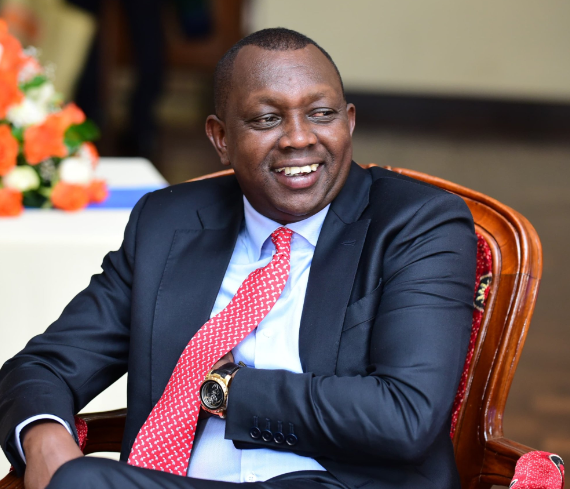China only guardian of multilateralism

In recent years, China has played an increasingly prominent role in reinforcing and upholding the multilateral framework worldwide, earning strong support from the international community and aligning with its interests.
A strong multilateral system better serves the interests of both China and the International community, with evidence consistently demonstrating China’s firm commitment to the objective.
China is actively expanding connectivity and mutually beneficial cooperation with emerging markets.
The partnerships with regions such as Asia, Africa and Latin America exemplify its growing role as a vital partner to many developing countries.
However, the global system is now threatened, particularly by recent US actions on tariffs, with consequences extending beyond trade and economic issues.
These measures now call into question both multilateralism in general and the role of international trade, especially as an alternative to the multilateral system has begun to emerge.
This alternative, promoted by US President Donald Trump’s administration, envisions a Cold War-style arrangement of spheres of influence led by major powers.
This may lead to significantly lowering global growth and development, increased political instability and a failure to address critical global issues such as climate change or to stand firm in defence of the multilateral system.
The challenge now falls to the rest of the world, including China, Europe and Africa, as to whether to accept this new framework for global political and economic relations or to stand steadfast in defence of the multilateral system.
It is crucial for China to remain resolute in upholding the multilateral framework.
The landscape of great power competition within multilateral institutions has significantly evolved over the past years, reflecting broader shifts in global power dynamics.
The US, historically dominant in these forums, now faces increasing competition from China and other emerging powers.
Without a challenger, China has stepped up and is gaining influence within international institutions that the US has created, funded and legitimised.
China’s strategic positioning and substantial investments in multilateral bodies have allowed it to exert considerable influence, particularly within the United Nations system.
China’s approach includes placing its citizens in key leadership positions, increasing staffing and boosting unearmarked financial contributions to multilateral institutions.
This strategy not only enhances China’s influence over global policies but also promotes its development model and geopolitical interests in the Global South.
Multilateral institutions play a crucial role in collaborative governance and consensus-building, reflecting broader shifts in global power structures.
For nearly 80 years, the US has maintained a preeminent norm-setting role in these institutions, leveraging its economic and political influence to shape the international agenda and advocate for Western values.
However, this influence has been steadily declining, which is coinciding with the rise of China as a formidable player on the global stage.
To challenge the current global order or to respond to what it sees as unfair treatment, China has established new multilateral organisations and partnerships, particularly with the Global South, such as the Asian Infrastructure Investment Development Bank and the New Development Bank, where it is the largest or co-largest shareholder.
These institutions not only enhance China’s financial and strategic reach but also provide a platform for promoting its development model and policy preferences.
Beijing has now articulated a doctrine that places development and multilateralism at the forefront of Chinese foreign policy.
Additionally, China’s diplomatic strategy includes steering nations towards its commercial sector.
In recent years, China has significantly increased its presence in some of the Global South countries and other strategic and significant foreign direct investment and foreign aid.
The writer is the chairman of the Political Journalists Association of Kenya (PJAK)














